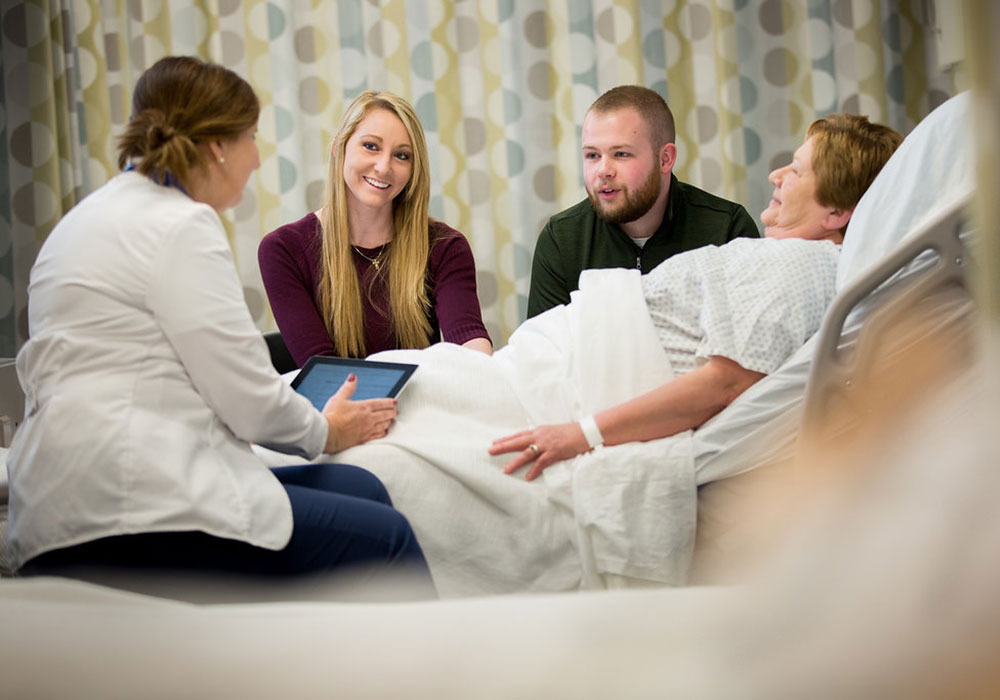Social connection with others is widely considered a fundamental human need, crucial to well-being and survival. A growing body of literature is evaluating cancer caregivers’ needs, yet strategies to address loneliness, which has broadly detrimental effects on caregivers, are still in their infancy. Therefore, my goal is to identify better support strategies for caregivers as they support their loved ones with cancer.

My research team completed two projects in summer 2020. For our first, in June, we conducted a narrative review of the current evidence on loneliness among cancer caregivers. In July, we published an article on caregivers’ risk for social isolation during the COVID-19 coronavirus pandemic.
Given science’s limited focus on loneliness in cancer caregivers and social isolation’s impact on both patient and caregiver outcomes, we wanted our June study to describe the current state of research. We found that loneliness can have negative effects on a caregiver’s social, emotional, and physical well-
being, and addressing loneliness for caregivers requires a multimodal approach to intervention development. Most studies have evaluated the psychosocial challenges of caregivers, but we know very little about caregivers’ feelings of loneliness. We need more research, policy work, and implementation of validated measures to assess, understand, and address loneliness and social isolation in cancer caregivers.
For our July study, we highlighted the challenges that COVID-19 creates for caregivers. The pandemic further isolated caregivers, not just from close family and friends but also from their loved one with cancer.
Caregiver-related interventions for loneliness fall into four main categories:
- Enhancing social skills
- Providing social support
- Increasing opportunities for social interaction
- Addressing maladaptive social cognitions
Designing effective support services and interventions to alleviate caregiver loneliness requires detailed understanding of their perspectives and experiences. Loneliness has no single underlying cause, so a one-size-fits-all kind of intervention is not likely to work. Evidence-based resources for mitigating isolation among caregivers include respite care and virtual support groups.
Oncology nurses must understand that loneliness, social isolation, and caregiving are interconnected. Patients with cancer often adhere to behavioral restrictions and contact precautions to limit exposure to infections when they are immunocompromised. Those restrictions may likewise affect caregivers by reducing their access to loved ones. Plus, caregiving is a demanding role that often constitutes a lifestyle transition and is likely to disrupt social relationships.
Now is the time to raise issues about loneliness and social isolation among cancer caregivers. Oncology nurses can be part of the solution through research, practice, and policy. Together, we can address caregivers' unmet needs.






